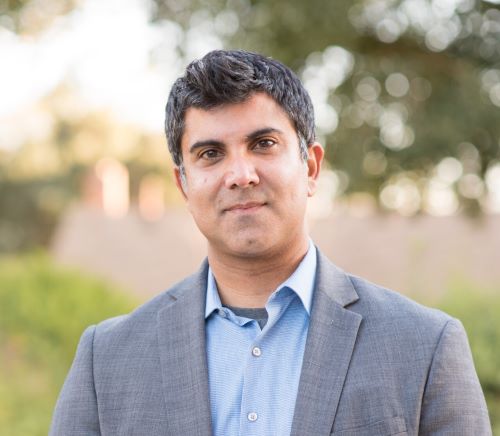Are more law schools needed in areas where InfiLaw campuses closed?

Image from Shutterstock.
As the Florida Coastal School of Law prepares to close, Jacksonville University announced plans to open a new law school in the same city, with the first entering class starting in fall 2022.
The for-profit Florida Coastal had various accreditation problems, including a U.S. Department of Education flag for not meeting the gainful-employment standard. Administration at Jacksonville University, a not-for-profit school, claims the city of approximately 902,000 people needs a law school.
“When you think about a community that doesn’t have a law school and legal interns, it really does make an impact. We would be the only city of our size that’s left with this hole,” says Margaret Dees, senior vice president of economic development and external engagement at Jacksonville University. She previously served as director of institutional advancement at Florida Coastal.
Plans are also in place for a new law school at North Carolina’s High Point University, which is about 78 miles from the now-shuttered Charlotte School of Law. Both Florida Coastal and CSL, as well as Arizona Summit Law School, another school that closed following accreditation issues, were operated by InfiLaw, which was owned by the private equity firm Sterling Capital Partners.
Many InfiLaw complications related to overenrollment, say academics, and some believe that if Jacksonville and High Point, both of which are private universities, maintain reasonable class sizes at their law schools, they will succeed.
“The problem with Florida Coastal was the people running it didn’t think carefully about how many graduates made sense in that legal market. Once they got ABA accreditation, they exploded,” says Jerry Organ, a professor at Minnesota’s University of St. Thomas School of Law whose academic work includes data-driven articles about law school enrollment and employment outcomes.
According to ABA 509 Reports, Florida Coastal in 2012 had 1,594 students. Florida currently has 11 law schools, including Florida Coastal, which under its teach-out plan has ABA accreditation until July 2023. Western Michigan University Thomas M. Cooley Law School also has a Florida campus, in Tampa Bay. According to a 2020 ABA study, Florida had 3.7 lawyers for every 1,000 people.
 Riaz Tejani, a University of Redlands business professor.
Riaz Tejani, a University of Redlands business professor.
Tim Cost, Jacksonville University’s president, estimates there will be between 20 and 30 members of the law school’s first entering class and there will eventually be around 400 students.
He anticipates hiring at least four full-time tenured or tenure-track faculty. The campus will be downtown, and the city’s mayor has committed a $5 million investment for the law school in his proposed budget, which will be voted on by the Jacksonville city council later this year.
“This is a fast-growing area, and we’d rather not have all this great legal talent going to Georgia or downstate,” Cost says.
In North Carolina, there were 2.3 lawyers for every 1,000 people, according to the 2020 ABA study. The state has six law schools.
High Point plans to open its law school as early as 2024 and anticipates an entering class of 30 to 50 students, says Nido Qubein, the university’s president. It has secured a $30 million donation with naming rights as well as other contributions. Ken Randall, the dean of George Mason University’s Antonin Scalia Law School, has been retained for consultant work.
“We’re not going to propose a law school that starts with 100 students. We will propose a small cohort, and we want to make sure that cohort does very well,” says Qubein, a former chairman of Great Harvest Bread.
High Point also has plans to open optometry, nursing and entrepreneurship schools, likely before 2027. Last year, it announced plans to open a dentistry school in fall 2023.
Riaz Tejani, a University of Redlands business professor who wrote a book titled Law Mart: Justice, Access and For-Profit Law Schools, notes that enrollment in undergraduate programs is declining. Adding more professional programs is one way universities try to increase revenue, Tejani says, and the benefits universities get from that is “nearly a sure thing.”
“And to sustain this, administrations speak of the value it adds to student careers as if it were a sure thing. Sort of like once you bet on this particular horse, you will be more inclined to extol its virtues to those around you. From a university business standpoint, it’s a self-fulfilling prophecy; but to students, not always,” Tejani adds.
Write a letter to the editor, share a story tip or update, or report an error.


